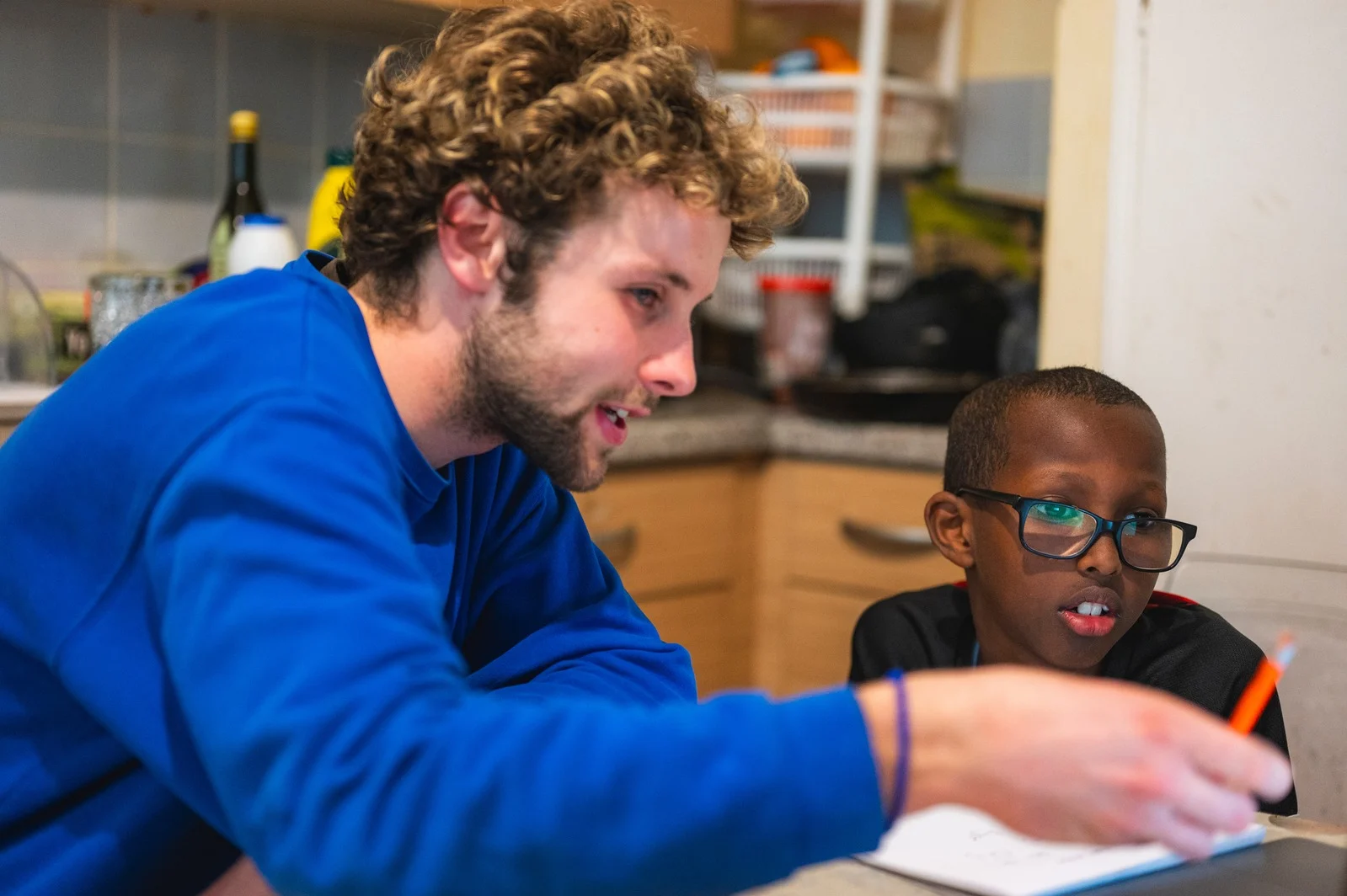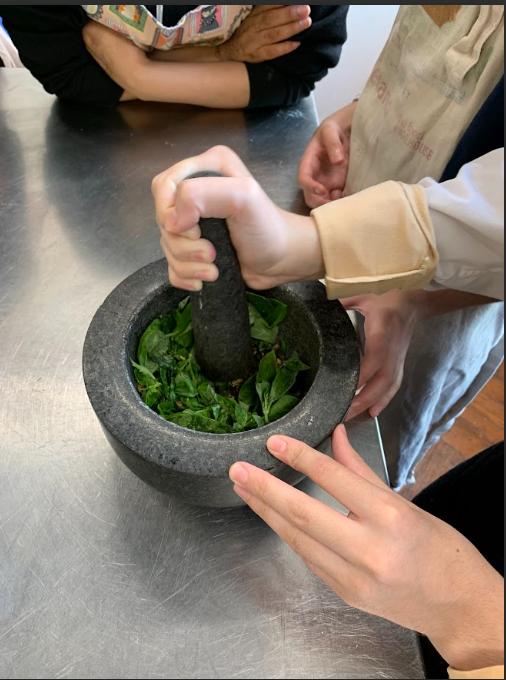More news & stories


2024-25 Impact Report
.jpeg)

Jacari chosen for Oxford University collaboration.


In 2023 we commissioned Dr Andrea Macrae of Oxford Brookes University to conduct research on children and young people who use English as an additional language (EAL). We wanted to bring together the academic literature and reports that relate to the young people Jacari supports so we can better understand their needs and the impact of our support.
We asked Dr Macrae to look at the following questions:
1. What challenges are faced by children and young people learning EAL in the UK, and in particular by those who are newly arrived to the UK?
2. How many children and young people face these challenges today in the UK as a whole?
3. What is currently being done, and by whom, to address the challenges EAL pupils / newly-arrived pupils face, and to support these young people while facing these challenges?
4. What works best, why, and how, in directly addressing these challenges and in supporting these young people while they experience these challenges? In particular, what is the evidence for the likely impact of the type of support offered by Jacari with respect to English language proficiency, attainment, aspirations, confidence, and other factors?
We are delighted to share this report with a wider audience and feel that Dr Macrae's findings offer valuable insights on the challenges faced by EAL pupils and different approaches to supporting them.
Her report highlights the need for extra support for EAL pupils. A growing body of research demonstrates that for learners of EAL, and particularly those newly and recently arrived, developing English language proficiency is core to accessing mainstream curricula and achieving academic potential; feeling confident within educational and other social settings; and feeling a sense of belonging.
Her research also reinforced the value of Jacari's model of support for EAL pupils. Working on a 1:1 basis enables tutors to understand and respond to the pupil as an individual, and provides a safe and socially connecting, interactive and supportive space for pupils to learn.
It also allows pupils to choose their own topics and activities, giving them agency in their learning. 1:1 tutoring also enables tutors to better respond to pupils’ individual learning styles and different kinds of intelligence, create a safe space for learning, model educational risk-taking and provide extensive direct, individualised feedback and encouragement. All of this contributes to building their pupil’s confidence.


.jpeg)


